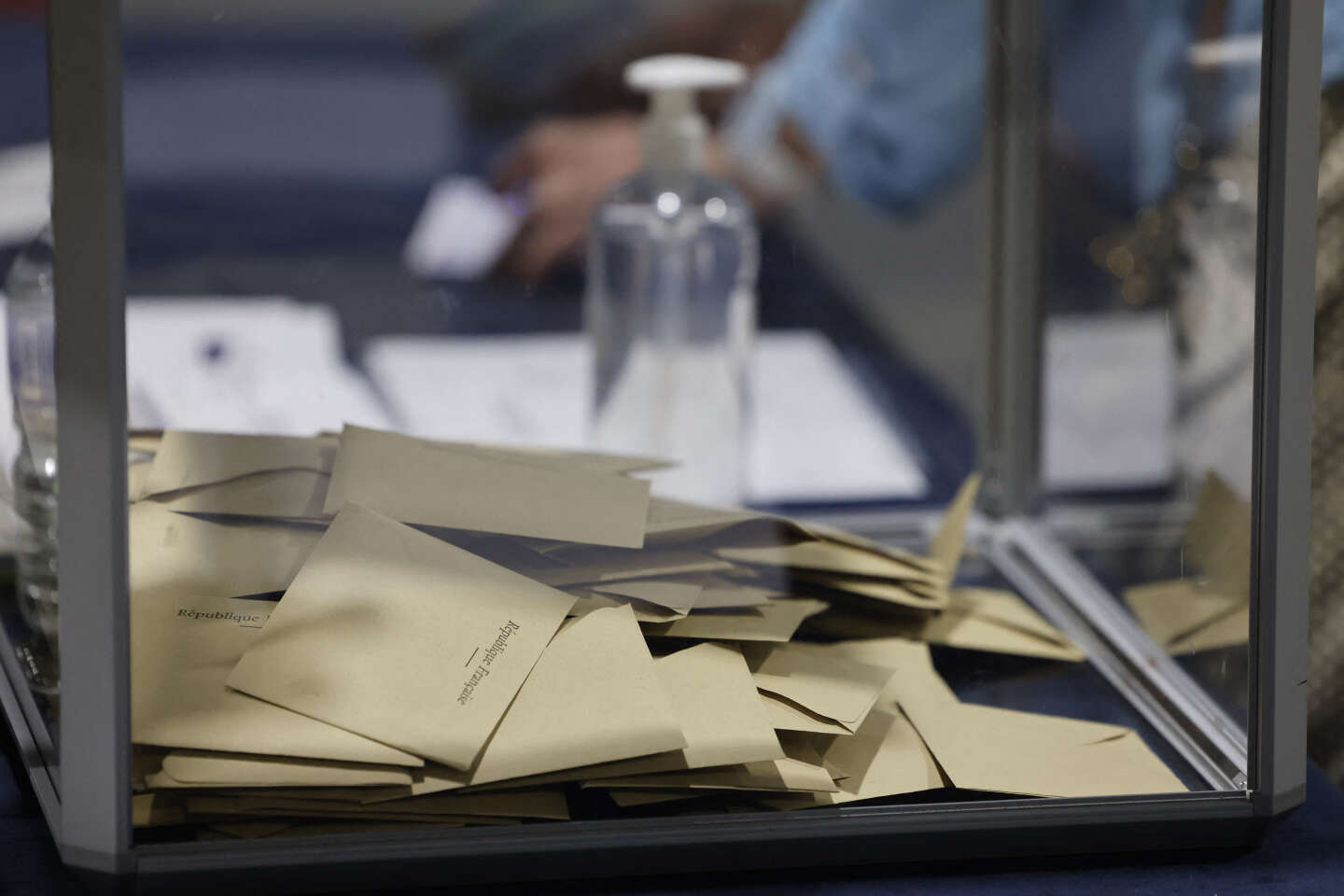


Jérémie Moualek, lecturer and researcher at the Université d'Evry and the National Audiovisual Institute, is currently carrying out a study of election nights from 1956 to the present day. He is analyzing how the expression "vote contestataire" (or "protest vote") has been used in the past to explain the far-right Rassemblement National's (RN) electoral results, and why the term should no longer be used today.
During the 2019 European elections, as during other elections, the existence of a protest vote had sometimes been put forward to analyze the RN's scores in France. Has the vote been used with similar success in recent days?
It seems to me that the RN's victory on June 9 – which represented over 30% of votes cast but, I would remind you, only 15% of registered voters – shows political and media players that this choice by voters cannot be interpreted solely as a gesture of protest with no sociological or ideological basis. This explanation was used less frequently on Sunday than at other political moments when it had become a kind of easy excuse. The steady advance of the RN and the publication of studies that undermined this analysis have taken their toll. Those who used it can no longer rest on their laurels.
Who has been sharing this concept, and how long has it been in use?
The notion of the protest vote is a category of electoral understanding that began to be used in the 1980s in parallel with the rise in the scores of the Front National [FN, the former RN], particularly after the 1984 European elections [when the far-right list gained 10.95% of the votes cast]. The emergence of this expression reflects a breakdown in understanding in the political and media sphere: It attempts to explain a phenomenon that wasn't understood – in other words, the "appearance" of these votes in favor of the FN.
Initially used by other political parties to play down the growing power of this organization, the term was then taken up by the media, where it became commonplace, particularly during the European elections, without being clearly explained.
Why is this approach open to criticism?
Very quickly overused, this interpretation was subject to totally uncontrolled use in the media and in the political field, despite the fact it is simplistic and often disqualifying. Simplistic, because it lumps together different, even contradictory actions – voting for parties labeled far-right, for parties labeled far-left, abstention, the blank vote – where the social and political scientists, while not denying the fact that there are sometimes opposing electoral behaviors, show that it is impossible to attribute a single meaning to a vote.
You have 50.63% of this article left to read. The rest is for subscribers only.
